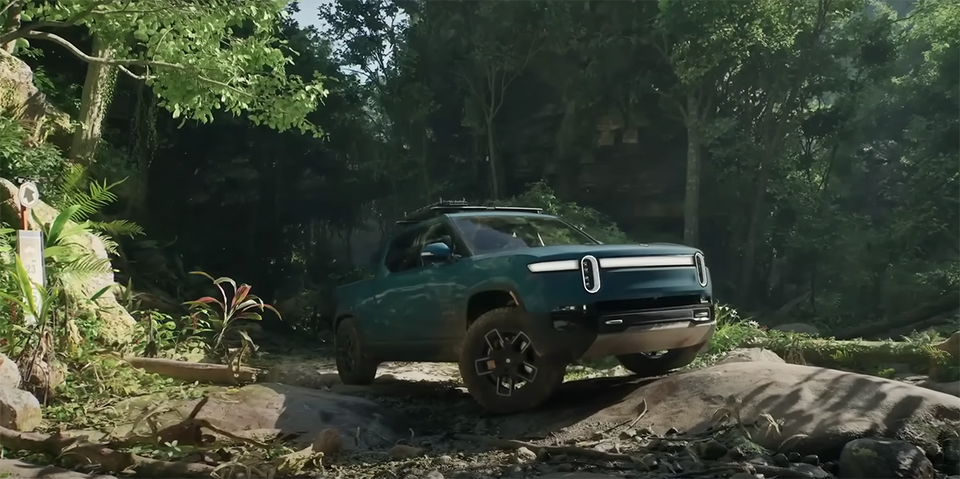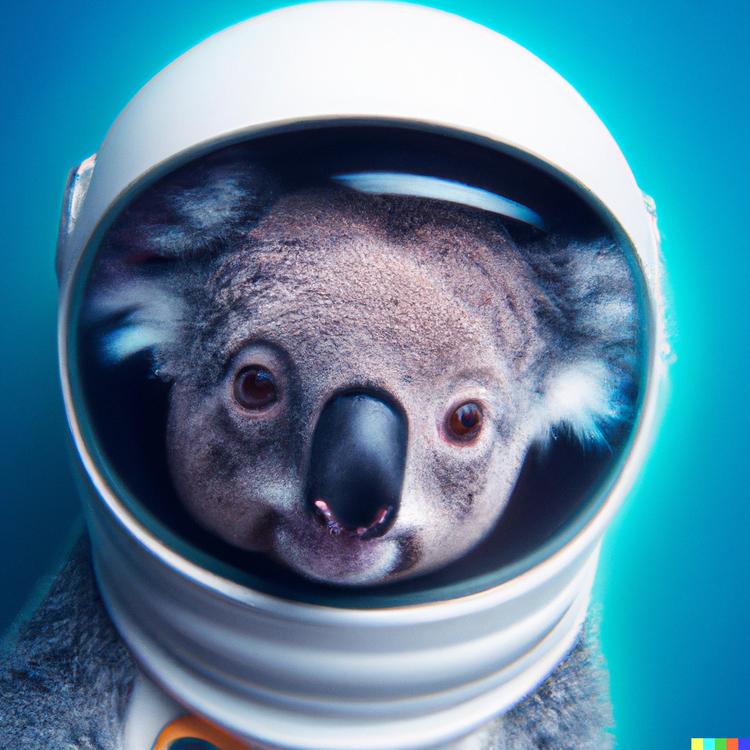Beyond sci-fi: The convergence of AI, robotics, and graphics and their impact on our future

The rate of progress in the field of generative AI over the past 6 months has been truly staggering. The first flickers of mainstream progress emerged last year in the form of OpenAI's DALL-E and GPT3, before exploding into the public consciousness with ChatGPT and Midjourney.
More recently, Jay-Z's voice has been cloned and synthetically sampled into new tracks, Kurt Cobain 'released' a new AI-generated song some 29 years after his death, and an AI Kanye has covered countless tracks. Image and text have fallen to the generative AI revolution, and now it seems voice and sound are next to succumb.
Video is also on its way. Image-to-Video has been popularised with meme-worthy videos on youtube, whereby Midjourney-generated images have been combined with synthetic voices cloned from just a minute of audio, and animated to speak using D-ID. In many cases we're still crossing the uncanny valley, however, the progress in such a short period of time is impressive.
The implications are obvious. Your own online content can be cloned, manipulated, and re-engineered to create deep fakes. A synthetic version of you will exist. This is profound. The lines between what is real and what is fake will continue to blur. The consequences may be equal parts disastrous and compelling.
Imagine being able to see and talk to loved ones long after they've passed away.
Imagine watching a youtube video of yourself saying things you've never said before.
Imagine an online persona modeled off your own voice and looks gaining notoriety and prominence, when the reality is different.
Imagine being seduced and falling in love with a synthetic AI-generated avatar, that has been specifically designed and tuned to be your perfect match.
This isn't some distant future. This is happening today.
Much of the content generated by AI has been largely contained within ChatGPT screenshots and youtube videos, living safely on our screens within familiar interfaces. Where this technology becomes truly revolutionary is when combined with advances in graphics and robotics.
Computer Graphics: beyond reality
Epic Games recently showcased the latest iteration of their 3D creation tool, Unreal Engine. Immersive AI-generated 3D worlds, and facial expressions replication through a simple iPhone scan of someone's face, pave the way for virtual experiences unlike any we have seen before. Overlay synthetic AI-generated voices, powered by GPT-4, and virtual worlds will be filled with non-playable characters (NPCs) that are indistinguishable from human players.
Perhaps Zuckerberg's vision of the Metaverse will partially come true and humans will enter expansive virtual worlds to work and play. However, the future is much bolder and more fantastical than Zuckerberg has proclaimed (and shown). Virtual worlds will be built from a prompt on the fly using AI and populated with life-like AI-driven NPCs.
Perhaps multiverse is a more apt description. We don't all need to be present in the same digital world when it is as dynamic and 'alive' as reality, yet without any other humans there. Fantasy and science-fiction will come to life, tailored to the desires of the human architect. When the digital world is more captivating and enticing than the real world, where does that leave us?
Beyond enthralling virtual worlds, advances in robotics provide a platform for AI to enter the physical world, beyond our computer screens. Discoveries in materials science and engineering, battery technology (kWh to weight and kWh to volume), and computer vision (cheap, high-resolution cameras powered by AI) are beginning to usher in a new era of robotics.
Robotics: questioning human utility
AI-powered humanoids will transform the workforce, replacing hundreds of millions of human jobs. This will also have a profound impact on the utility of humans. GDP on a per-capita basis will be upended as productivity will be largely tied to the ability of robots to generate wealth at a massive scale.
But without utility, how will humans prosper and thrive?
Universal basic income becomes increasingly relevant as value generation shifts from people to robots. As value creation continues to de-couple from human output, mega-corporations have the potential to scale significantly without increasing human headcount. Will this value be consolidated among a few shareholders, or will new forms of tax and corporate structure play a vital role in wealth redistribution? Will the wealth gap continue to grow as those who own robots prosper, while those without suffer in a dystopian future?
Or perhaps we're on the cusp of a utopia. Maybe humans are destined to flourish in other ways, unencumbered by the burdensome drudgery of mundane work. A future where meaning is derived from experience, relationships, personal growth, creative pursuits, and leisure; devoid of the traditional notions of success through work and capitalism. Or will all our efforts prove futile in the face of AI that can not only write and create better but empathise and love better?
As I wrote this blog, I questioned whether my perspective and thoughts matter, when a ChatGPT prompt could have just as easily generated it. With the pace of innovation and change increasing at an ever-increasing rate, it is imperative for everyone to be aware of the current state of play while glimpsing the potential future. In the end, I wrote this blog to clarify my own thoughts about the future and because I enjoy the process of writing.


